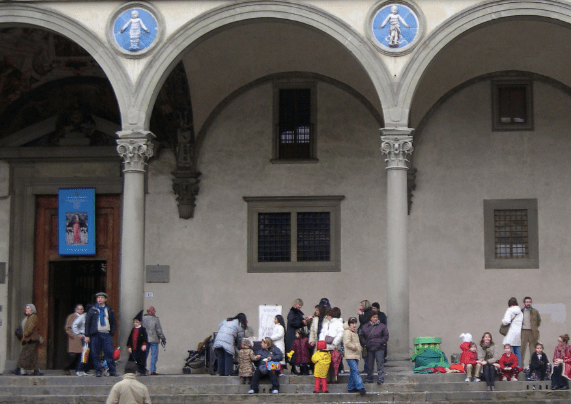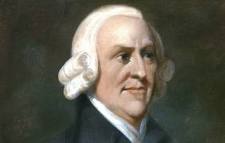David Morely, UNICEF Canada’s Executive Director, has just issued a bold challenge. “It is clearly time for Canada to prioritize children when planning budgets and spending our nation’s resources, even in tough economic times,” says a press release announcing the publication of a report on child poverty.
In fact, the UNICEF Innocenti Report Card released today is the 10th in a regular series on child poverty in rich countries, each report hitting the headlines every second year or so.
Sadly, when it comes to discussions of child poverty kick-started by these reports there are two things that are not new: the conclusions; and the reaction of pundits and many policy makers. I say “sadly” because the two are not linked, and public policy discussion is not the better.
Continue reading “The sad, sad story of the UNICEF Child Poverty Report and its critics”




